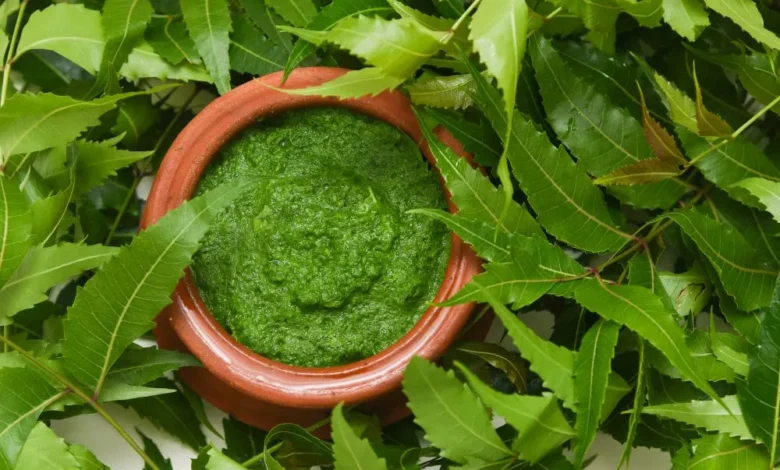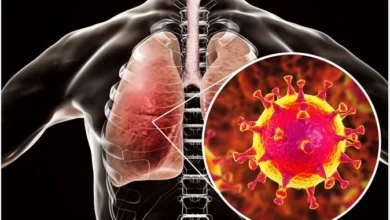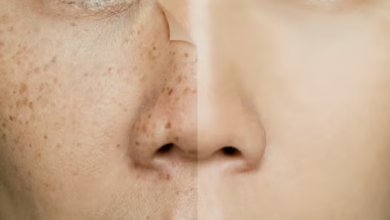Health Benefits of Eating Neem Leaves in Monsoon

Eating Neem Leaves In Monsoon can offer various health benefits, but is it safe and effective? Monsoon brings a refreshing change in the weather, but it also comes with an increased risk of infections and illnesses. One natural remedy that has been trusted for centuries to boost immunity and protect against infections is neem leaves. But should you be eating neem leaves in monsoon? Let’s explore the health benefits, risks, and the best ways to incorporate neem into your diet during this season.
Health Benefits of Eating Neem Leaves in Monsoon
1. Boosts Immunity

Neem leaves are packed with antioxidants and antimicrobial properties, making them a powerful natural immune booster. Consuming neem leaves in monsoon helps your body fight off common infections like colds, coughs, and skin infections.
2. Detoxifies the Body

Monsoon is a time when the body can accumulate toxins due to changes in the environment. Eating neem leaves in monsoon aids in detoxification by purifying the blood and cleansing the system, promoting overall well-being.
3. Fights Skin Problems

The high humidity during monsoon often leads to skin issues like acne, rashes, and fungal infections. Neem’s antibacterial properties can help prevent and treat these skin problems, making it an essential part of your diet during the rainy season.
4. Improves Digestion

Indigestion and stomach issues are common in monsoon. Neem leaves aid in digestion and help prevent gastrointestinal infections, ensuring a healthy gut even during this tricky season.
5. Controls Blood Sugar Levels

Neem leaves have been traditionally used to regulate blood sugar levels. Eating neem leaves in monsoon can help control blood glucose levels, making it beneficial for diabetic patients during this season.
How to Safely Eat Neem Leaves in Monsoon
While neem leaves offer numerous health benefits, it’s essential to consume them correctly, especially during monsoon. Here are a few tips:
- Moderation is Key: Neem leaves are potent and should be consumed in moderation. Eating too many can lead to side effects like nausea and vomiting.
- Proper Cleaning: Ensure that the neem leaves are thoroughly washed to remove any dirt or pesticides before consuming them.
- Best Time to Eat: It’s advisable to consume neem leaves in the morning on an empty stomach for maximum benefits.
Are There Any Side Effects?
Although neem leaves are beneficial, they may not be suitable for everyone. Pregnant women and young children should avoid consuming neem leaves as they may have adverse effects. Additionally, excessive consumption of neem leaves can lead to an upset stomach or dehydration.
Conclusion
Eating neem leaves in monsoon can be a great way to enhance your immunity, detoxify your body, and protect yourself from seasonal infections. However, always remember to consume them in moderation and consult with a healthcare professional if you have any underlying health conditions.
If you have any queries related to medical health, consult Subhash Goyal or his team members on this given no +91 88008 25789, +91 99150 99575, +918283060000



